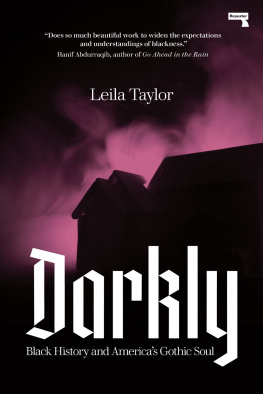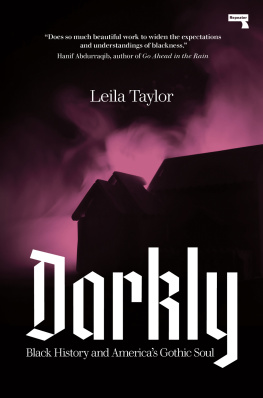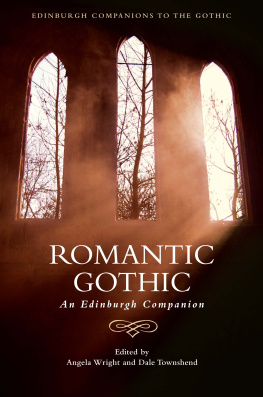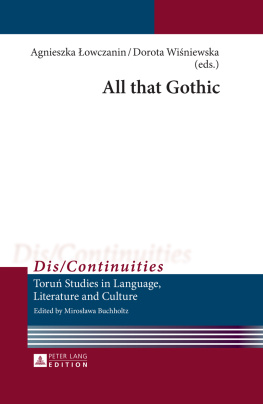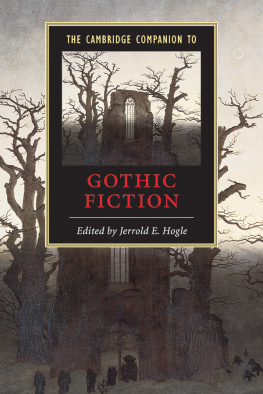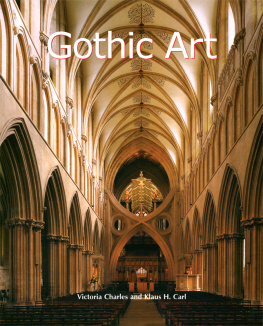

Published by Repeater Books
An imprint of Watkins Media Ltd
Unit 11 Shepperton House
89-93 Shepperton Road
London
N1 3DF
United Kingdom
www.repeaterbooks.com
A Repeater Books paperback original 2019
Distributed in the United States by Random House, Inc.,
New York.
Copyright Leila Taylor 2019
Leila Taylor asserts the moral right to be identified as the author of this work.
ISBN: 9781912248544
Ebook ISBN: 9781912248551
All rights reserved. No part of this publication may be reproduced, stored in a retrieval system, or transmitted, in any form or by any means, electronic, mechanical, photocopying, recording or otherwise, without the prior permission of the publishers.
This book is sold subject to the condition that it shall not, by way of trade or otherwise, be lent, re-sold, hired out or otherwise circulated without the publishers prior consent in any form of binding or cover other than that in which it is published and without a similar condition including this condition being imposed on the subsequent purchaser.
Printed and bound in the United Kingdom by TJ International Ltd
Dedicated to
Rita Megerle, Joan Newby, and Joyce Taylor
Within the Veil he was born, said I; and there within
shall he live, a Negro and a Negros son
Blame me not if I see the world thus darkly through the
Veil, and my soul whispers ever to me, saying,
Not dead, not dead, but escaped; not bond, but free.
W.E.B. Du Bois,
Of the Passing of the First-Born,
The Souls of Black Folk
Call me a bruise, but I cant have black without a little bit of blue.
Dazia
CONTENTS
GOTH-ISH
Goths reject the bourgeois sense of human identity as a serious business, stable, abiding and continuous, requiring the assertion of one true cohesive inner self as proof of health and good citizenry. Instead goths celebrate human identity as an improvised performance, discontinuous and incessantly re-devised by stylized acts. They like carefully staged extremism, and vicarious or strictly ritualized experiences of the dreadful Other.
Richard Davenport-Hines, Gothic: Four Hundred Years of Excess, Horror, Evil and Ruin
If the funny T-shirt slogans and crisp khaki pants of the average American tell the lie that everythings going to be OK, the black lace garbs and ghoulish capes of goth tell the truth that you suffer, then you die.
Sarah Vowell, American Goth, This American Life
The brochure from the New Orleans Haunted History Tour company promised a leisurely daytime stroll through St. Louis Cemetery #1. Id been on the French Quarter tour that ended with Hurricanes at Lafittes Blacksmith Shop, where a pirate from the 1700s hung out in the back corner. Id been on the house tour where the ghost of a love-stricken octoroon woman froze to death on a hotel roof waiting for her French lover who would never come. Id been on the vampire tour that was similar to the others only with more references to Anne Rice. They all tell the same stories in slightly different ways, but this particular tour guide had an agenda.
I was expecting to see houses where ghosts could be spotted in windows on dark nights, or corners where someone was horribly murdered decades ago, but instead the guide, who was Black, herded his group of white tourists (and me) past Congo Square, the park which in the 1800s was the one place where Africans were allowed to congregate freely. He told us about the system of plaage, a quasi-civil-union between European men and Black women that allowed their children an inheritance. We walked past Trem and he told us about Storyville and jazz and showed us a map of where we were in relation to the Lower 9th ward, the mostly Black neighborhood that suffered the most from Hurricane Katrina. When we finally arrived at St. Louis Cemetery #1, he showed us the grave of Vodou queen Marie Laveau, where tourists scrawl Xs in groups of three on her tomb. He reminded us that her power was less about the supernatural and more about her access to the wealthy and connected. He pointed out the grave of Homer Plessy, of the landmark Plessy v. Ferguson case that said segregation was perfectly legal and which opened up the floodgates for Jim Crow.
While I could have used a few more ghost stories, I got a kick out of this unexpected tour of Black New Orleans history, but when I looked around the group everyone else looked bored and a little annoyed that they were not getting what they paid for. But it was a ghost tour, just not the kind they were expecting. These werent poltergeists and spirits trapped in hotels, bars, and brothels, these were the ghosts of our history, the spectral remnants of our nation that were too often forgotten and dismissed. We were all hoping to be a little bit frightened, to stand in the spots between the past and the present where the veil between the living and the dead was at its thinnest. We were expecting to be entertained by macabre tales with a patina of historical truth. But as the tour guide understood, Americas haunted history is Black history. At the end he suggested we visit the Museum of Free People of Color and I gave him a $5 tip.
I Am Darkness
My name is Leila, pronounced lee-lah, which is not the way most people pronounce it. In Arabic, it means night or darkness or dark beauty. I asked my father once where the name came from, why my parents chose a name so much more exotic for me than my siblings Jeff and Leslie:
He said, Its your name.
Yeah, I know, but where did it come from? Why did you pick it?
You were born, and it was just you.
Whatever.
I never got an answer to my question, but I quite like the idea of me emerging from my mothers womb and handing my dad a calling card reading I AM THE NIGHT in blackletter. It makes my morbid predilections inevitable, genetic even a predisposition to horror movies, black nail polish and a preference for the Cure. I was destined to smoke clove cigarettes and write bad poetry under bridges in the rain. I am Darkness.
Even my birthday was shrouded in supernatural mystique. According to family lore, the obstetrician told my mother that she was carrying a boy due in April. Perhaps they were unsatisfied with that answer, so she and my sister asked Ouija for a second opinion. The talking board spelled out G.I.R.L. (which I am) and M.A.R.C.H.2.8. (I was born on 29 March). Close enough.
As a youth, I would say I had two main influences: Siouxsie Sioux, lead singer of the post-punk band Siouxsie and the Banshees, and Denise Huxtable, the fictional daughter of Cliff and Claire Huxtable on The Cosby Show . Siouxsie and the Banshees were the musical equivalent of the macabre, nightmares I could dance to, and Siouxsie Sioux represented a kind of dark glamor that I appreciated a femininity that eschewed pink and politeness. She never seemed to smile, and I appreciated that. But Siouxsie was never aspirational for me, my idolatry stopped at the music and the Cleopatra eye shadow. I loved Siouxsie and the Banshees, but I wanted to BE Denise Huxtable. With her layers and layers of oversized clothes, floppy hats, and her fabulously mutable hair, she exuded an alternative New York City cool that I could only try my best to emulate. Her voice sounded like mine, her parents were like my parents they were professional (my dad is an architect and my mother an anthropologist) and listened to jazz. She was smart, creative, and, like me, the familys designated weirdo. She sometimes got into trouble, but like me, she was ultimately a good kid. Denise didnt have a vaguely offensive pseudonym and never wore a swastika as a symbol of rebellion, and the worst thing she ever did was get a D on an English paper. Her life seemed attainable, and most of all, I looked like her. Siouxsie represented how I felt on the inside and Denise was who I could be on the outside.
Next page
